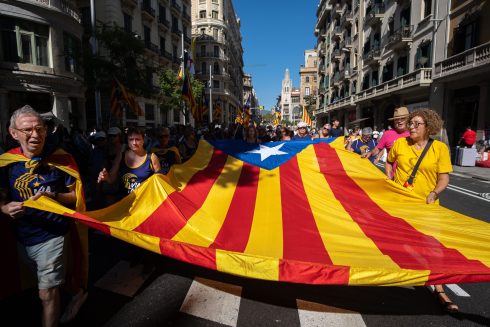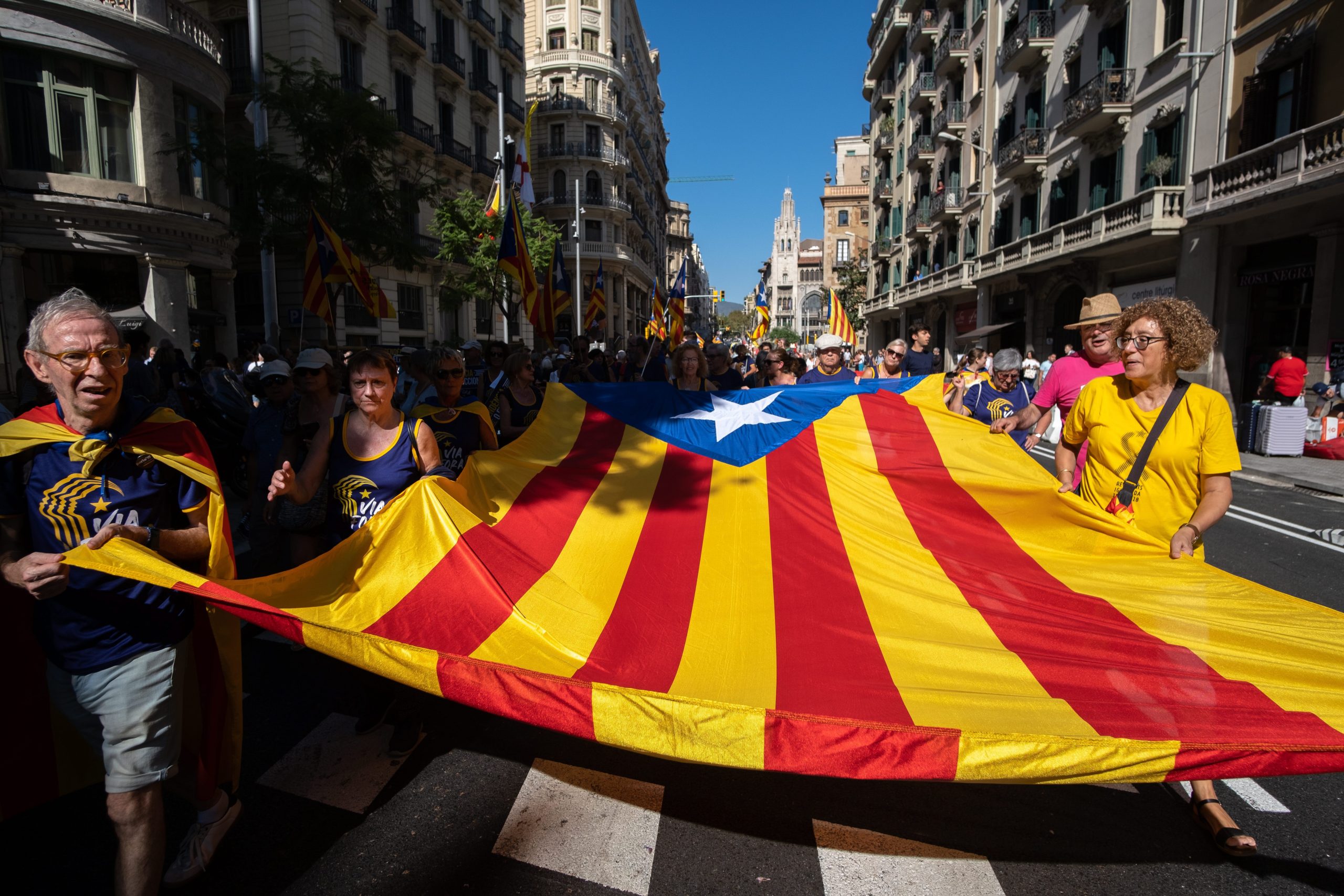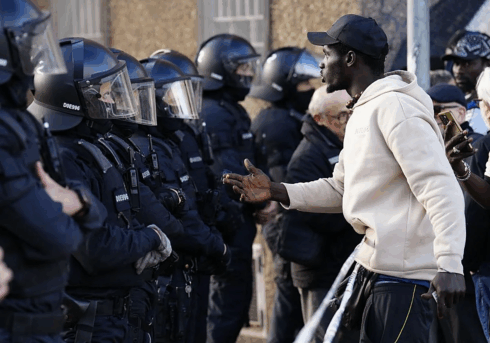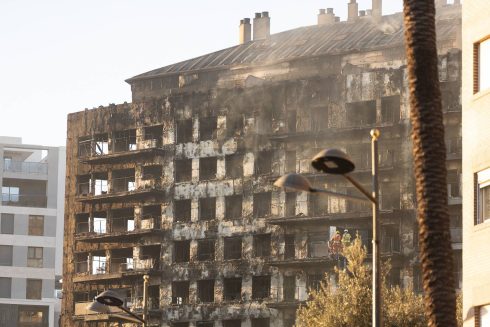THE regional High Court in Catalunya has issued the first pardons under a controversial amnesty law, which was recently passed by the central government and will benefit politicians, police officers and members of the public facing prosecution for their role in the region’s independence drive.
The former interior chief in the Catalan regional parliament, Miquel Buch, on Tuesday became the first person to be granted the amnesty, effectively quashing the four-and-a-half-year jail term he had been given, as well as a 20-year ban from public office.
Buch had been found guilty of misuse of public funds after he hired a regional police officer in 2018 to act as a bodyguard for Carles Puigdemont, the former premier of the Catalunya region who fled Spain in 2017 to avoid prosecution for his role in the independence drive and has been living in self-imposed exile in Belgium ever since.
The second person to be pardoned today by the Regional High Court is the officer himself, Lluis Escola, who had been given a four-year sentence.

The sentences were passed in September of last year, according to a report from Spanish daily El Pais, and had been appealed by lawyers for Buch and Escola.
Later on Tuesday, the same court pardoned three youngsters who had been convicted for taking part in street disturbances back in 2020 related to the independence drive.
Political solution
The amnesty law was definitively approved by lawmakers in Congress at the end of May, and was a further step in Prime Minister Pedro Sanchez’s efforts to find a political solution to the tensions between Catalunya and the rest of Spain.
The measure was vehemently opposed by right-wing parties such as the Partido Popular (PP) and Vox, and had prompted several large demonstrations across Spain before its eventual approval.
These parties claimed that Socialist Prime Minister Pedro Sanchez was passing the law to cling onto power, given that he is governing in a minority and depends on the votes of pro-independence parties such as Puigdemont’s Junts per Catalunya and the Catalan Republican Left (ERC) to prop up his administration.
The highest-profile beneficiary of the law is expected to be Puigdemont himself, although even if he is pardoned under the amnesty the decision still could be reversed under appeal by Spain’s top courts.
Prosecutors have been seeking to link Puigdemont to 2019 riots organised by a group called Tsunami Democratic, a Catalan protest group.
As these demonstrations took place at Barcelona’s airport, they could fall under terrorism offences, something that the amnesty law does not cover.
Pro-independence drive peak
Parties such as Junts and ERC have been long fighting for independence from Spain, or at least a referendum on secession.
The pro-independence drive peaked in 2017, when politicians and civic associations organised a referendum that the courts deemed to be illegal.
Voters faced police violence on the day of the ballot, October 1, 2017, and despite widespread irregularities in the polling, the pro-independence leaders proclaimed that the people of Catalonia had chosen to secede from Spain.
The Catalan parliament subsequently passed a unilateral declaration of independence, prompting the central government to suspend the region’s powers, sack the administration of Puigdemont, and call new elections.
Click here to read more Catalunya News from The Olive Press.








